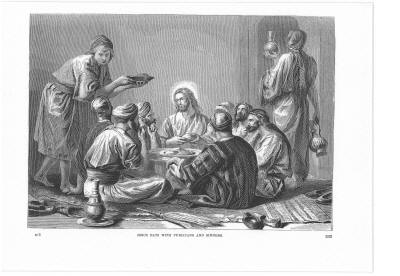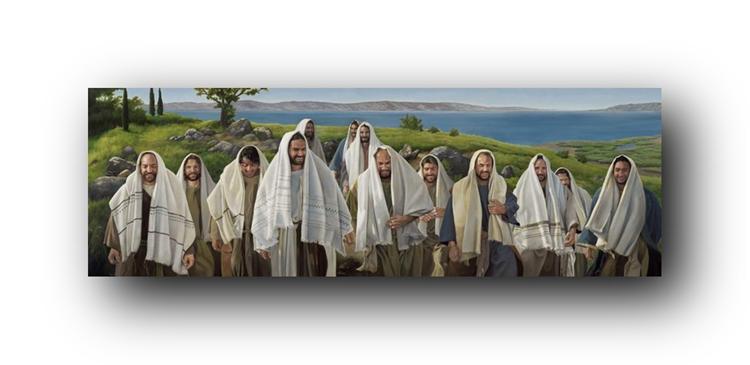Sometimes an incident happens that reveals your own heart. (Hint: often not in a good way.) Here is how I saw mine:
A few weeks ago a friend of mine from the women's Bible study I attend at the military chapel came to visit the church I attend off-post. This woman is someone I like and respect very much, and so I hoped my church would make a good impression on her.
Things were going along fine as we moved through announcements, and the opening song, and passing-the-peace, et cetera. Then a young woman got up to dance during the offering.
"Thorny Issue" by Sara Wright
(image from speedwaydailyphoto.blogspot.com)
As I heard the opening strains of the song she was performing to, I froze. "When I was in the third grade I thought that I was gay..."
This is the beginning of a rap song by Macklemore and Ryan Lewis called "Same Love." It's basically about being accepting of people who are gay.
And it turned out that was the topic of the sermon for the day as well.
Wow. Talk about controversial!!
Now, I'm going off on a little tangent here: I was raised to believe that it is a sin to practice homosexuality. And as far as I can tell, that is what the Bible teaches. But truthfully, I'll be the first to admit I don't understand everything in the Bible, and that many things can be open to interpretation. This one of those tough issues that I don't know what to do with.
In any case, I know that Jesus himself was the first one to embrace the sinner. (Matthew 9:11-13; Mark 2: 15-17) And the Bible also says it is a sin to hate your brother in your heart, (Matthew 5:22) and that you should love your neighbor as yourself (Matthew 22:39, Leviticus 19:18 ).
So the bottom line is, I DO believe in being accepting of people who are gay.
I DO believe that God loves us all equally, and that he wants us to love each other as well.
But, sitting there in church, I realized that I'm not quite as loving-my-neighbor as I should be.
To be honest, I was more worried about what my respectable friend thought about ME than about what Jesus wanted me to do.
That sounds ugly, doesn't it?
Pride is not a pretty thing.
After church my friend left as quickly as she could. She did not speak to me. I knew she had probably been offended.
I started to wonder if maybe I should have been offended as well. Maybe we should be taking a harder stance on sin, and we shouldn't be so let's-love-everyone-because-we're-all-sinners. Was my church wrong? Was I wrong?
I thought about this all day, and during the night I got up and prayed. I read several Bible verses, which I'll detail below if you're interested, and wrote down the conclusion I came to:
"I have been wrestling with a certain issue,
and I have learned that I don't have the answer.
This is quite unsatisfactory to me. I prefer to have all the answers.
But I am not God. Must I really be reminded of that? I am not God.
I don't understand everything, and I'm not going to.
(Job 38:4) Where was I when He laid the foundations of the earth?
I was nowhere. I was nothing.
God is God and there is no other.
He has shown me the path I am to walk, (Micah 6:8)
to do justly, to love mercy and to walk humbly with Him.
Why am I looking around at the paths of others?
The Lord has called me to pray for others, (Romans 8:26)
and the Spirit will help me in my weakness.
But He has not called me to stand in judgment over anyone or anything.
There may be those who are called to this; I don't know.
But it's not for me. I will trust in Him alone."
(Besides the Scriptures named above, I also read Isaiah 54:10-13, Luke 7:36-50, and Job 42:1-10.)
I think the clear message I received was to obey what God has shown me to do, and STOP WORRYING ABOUT WHAT OTHER PEOPLE ARE DOING AND THINKING.
This is easier said than done, Lord. Help me to follow You.

















